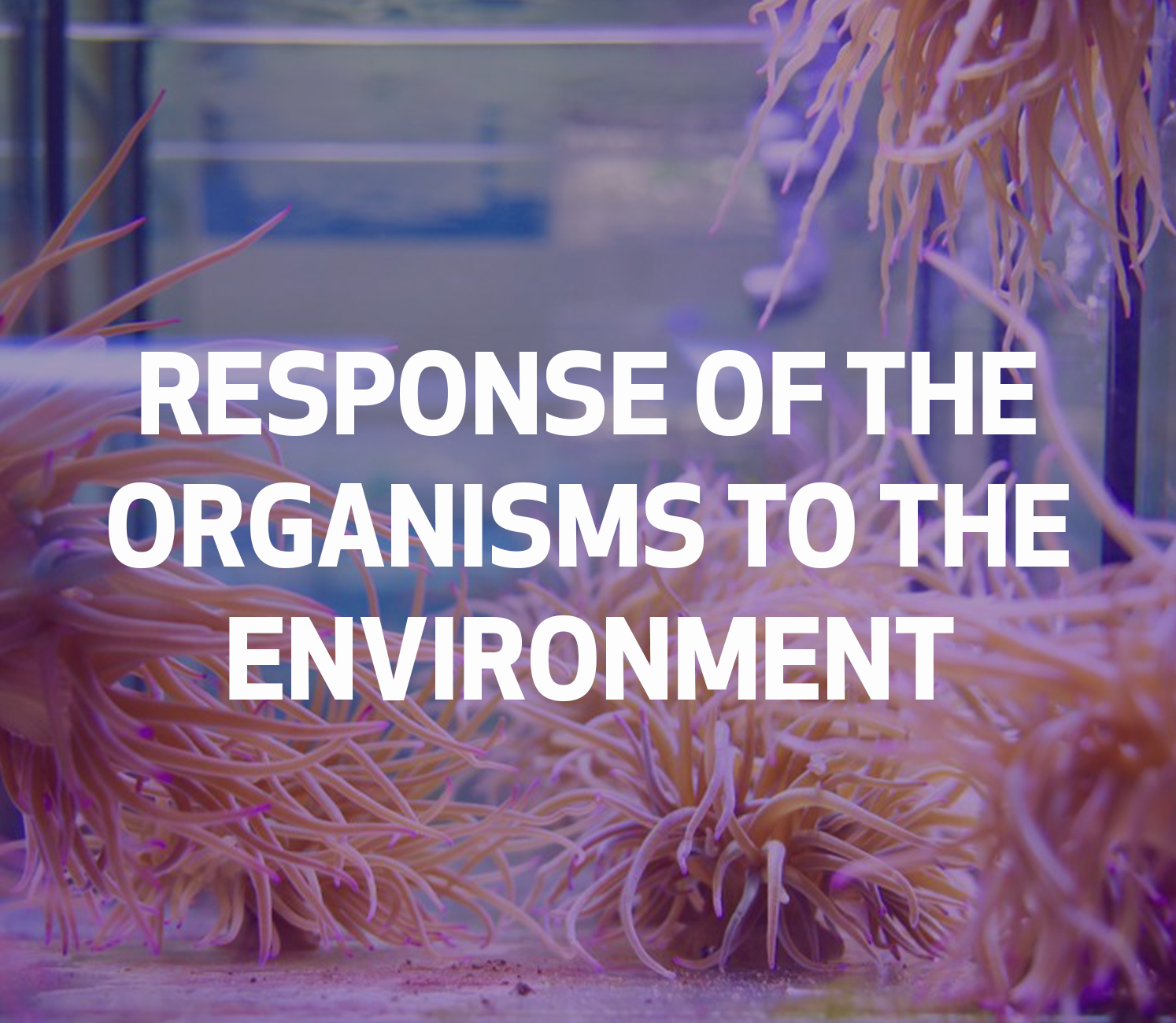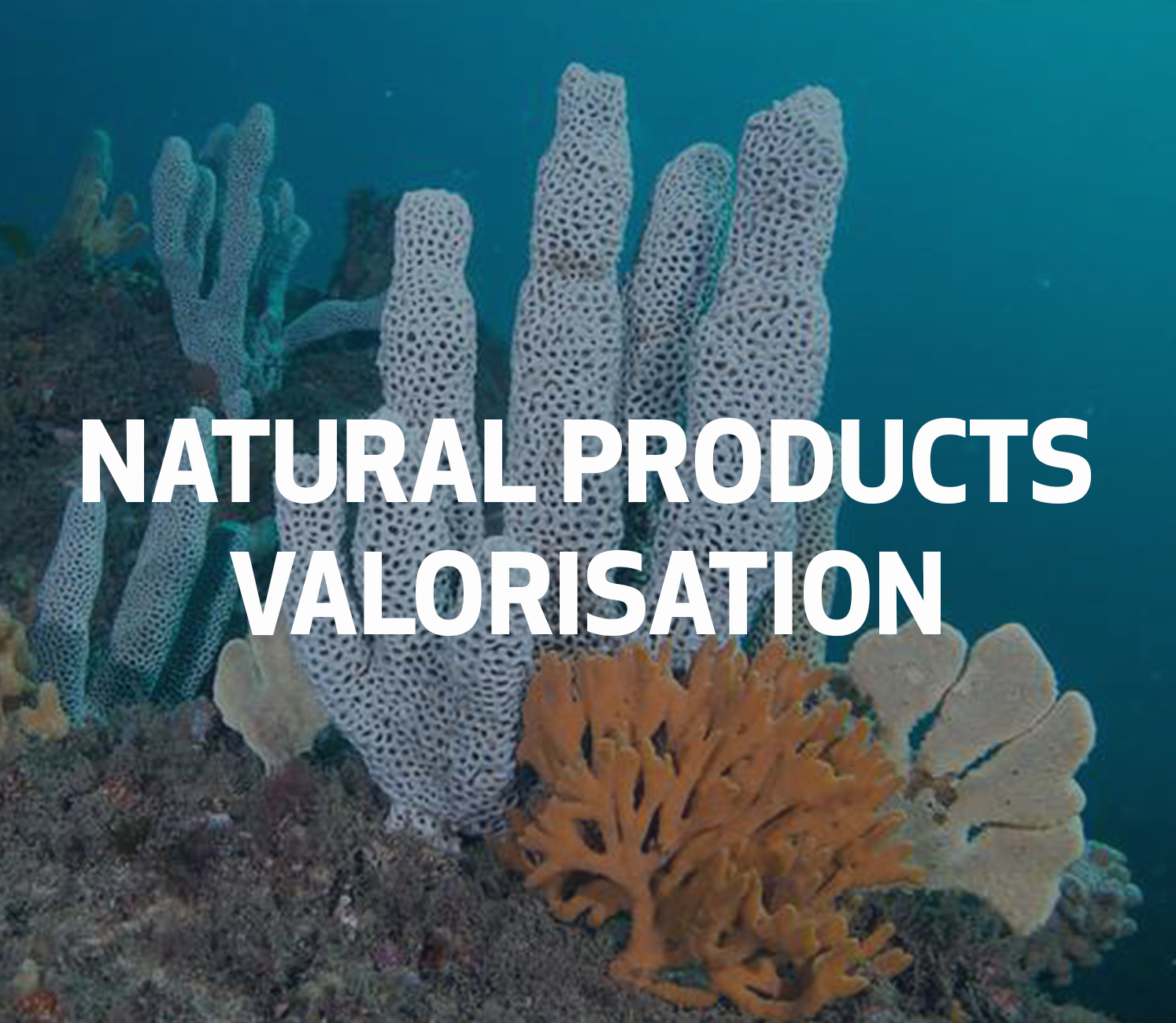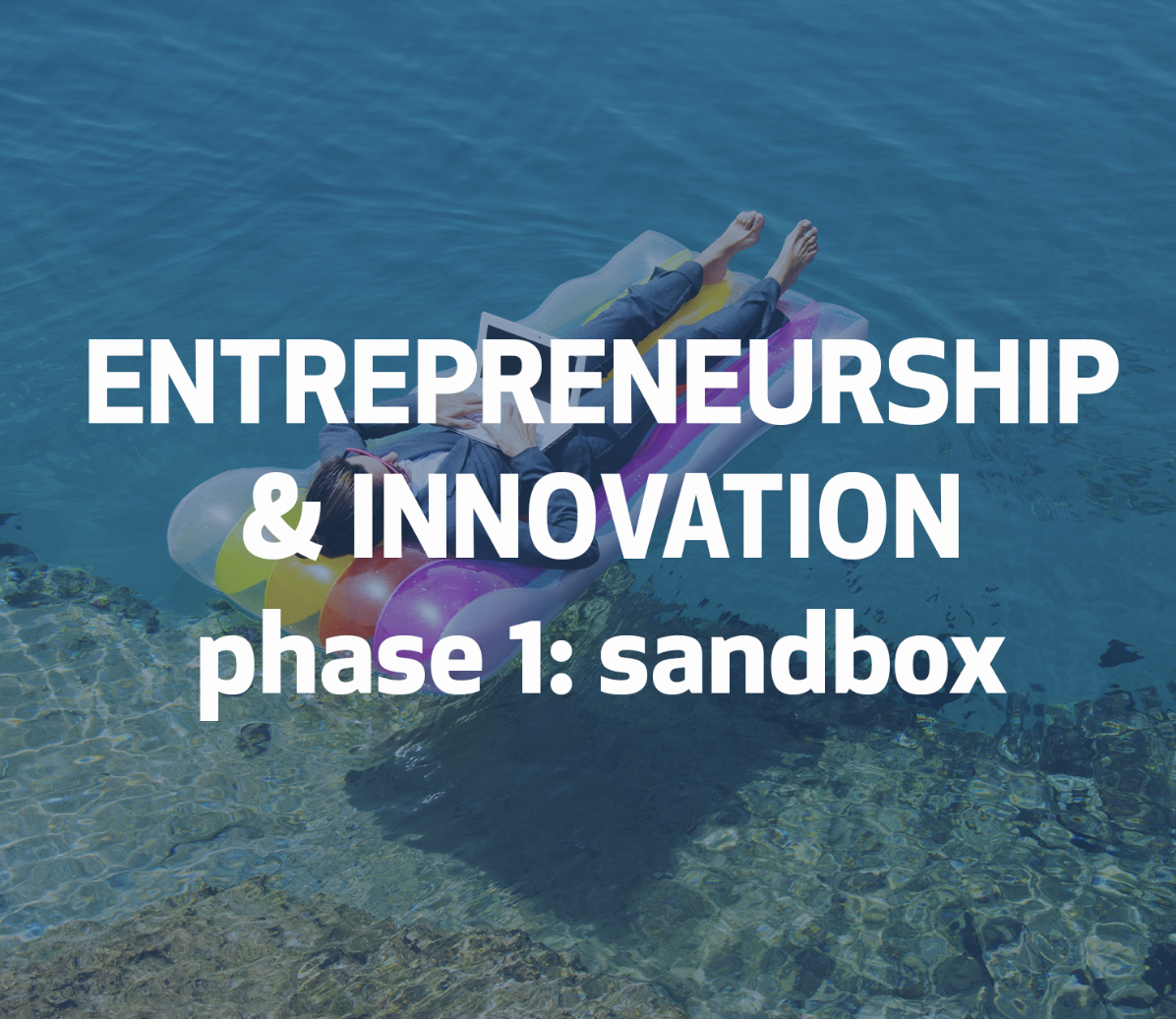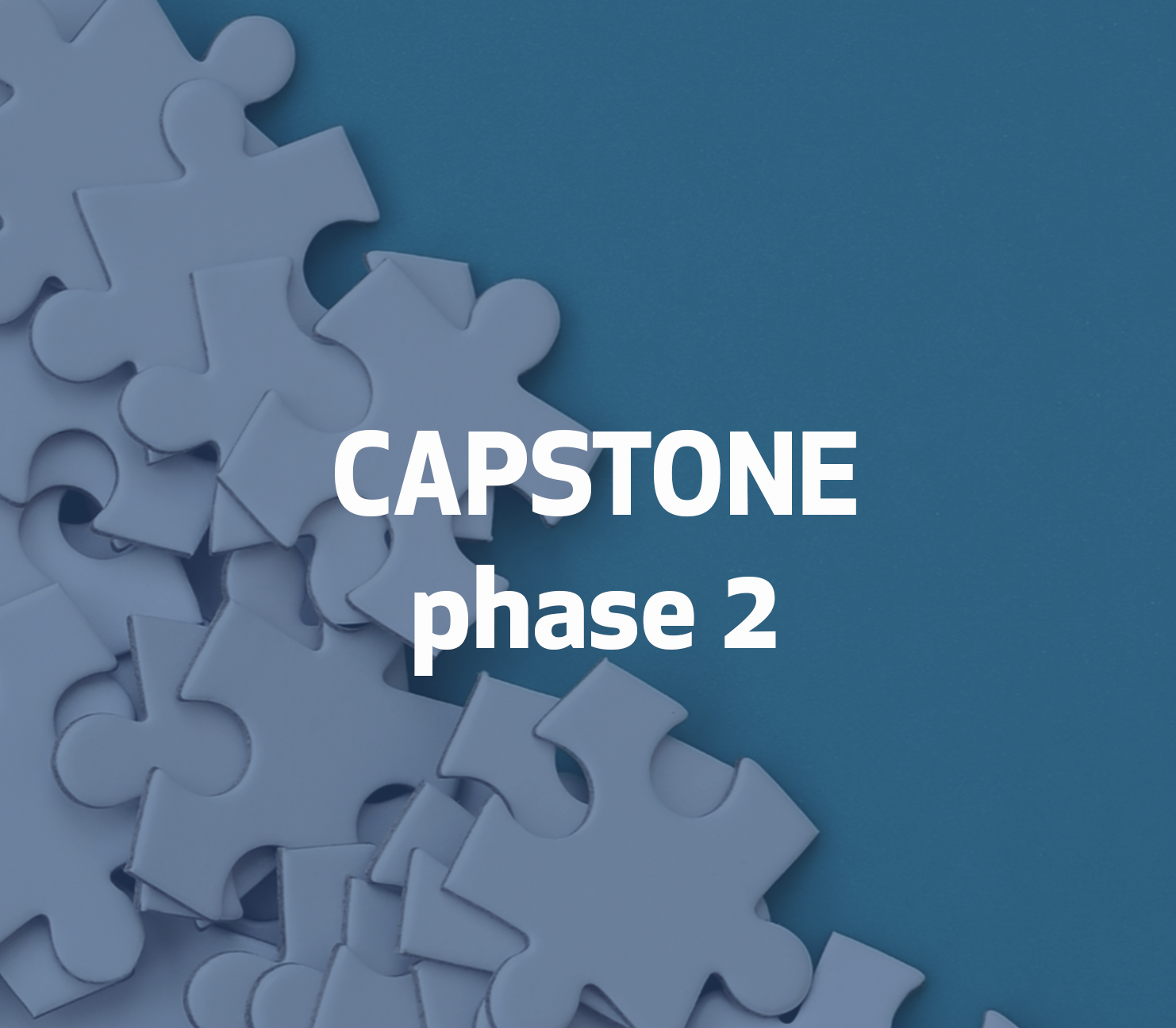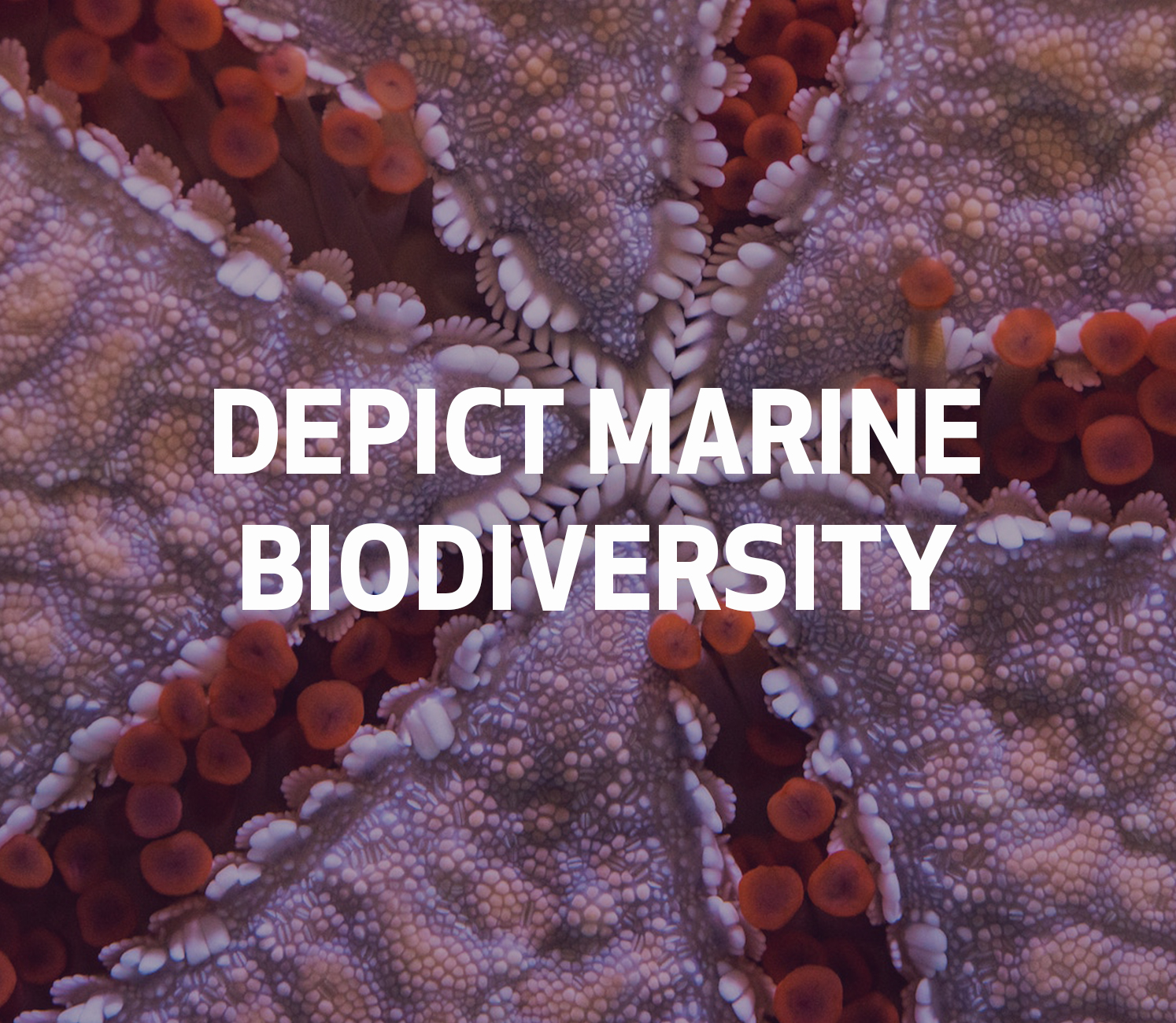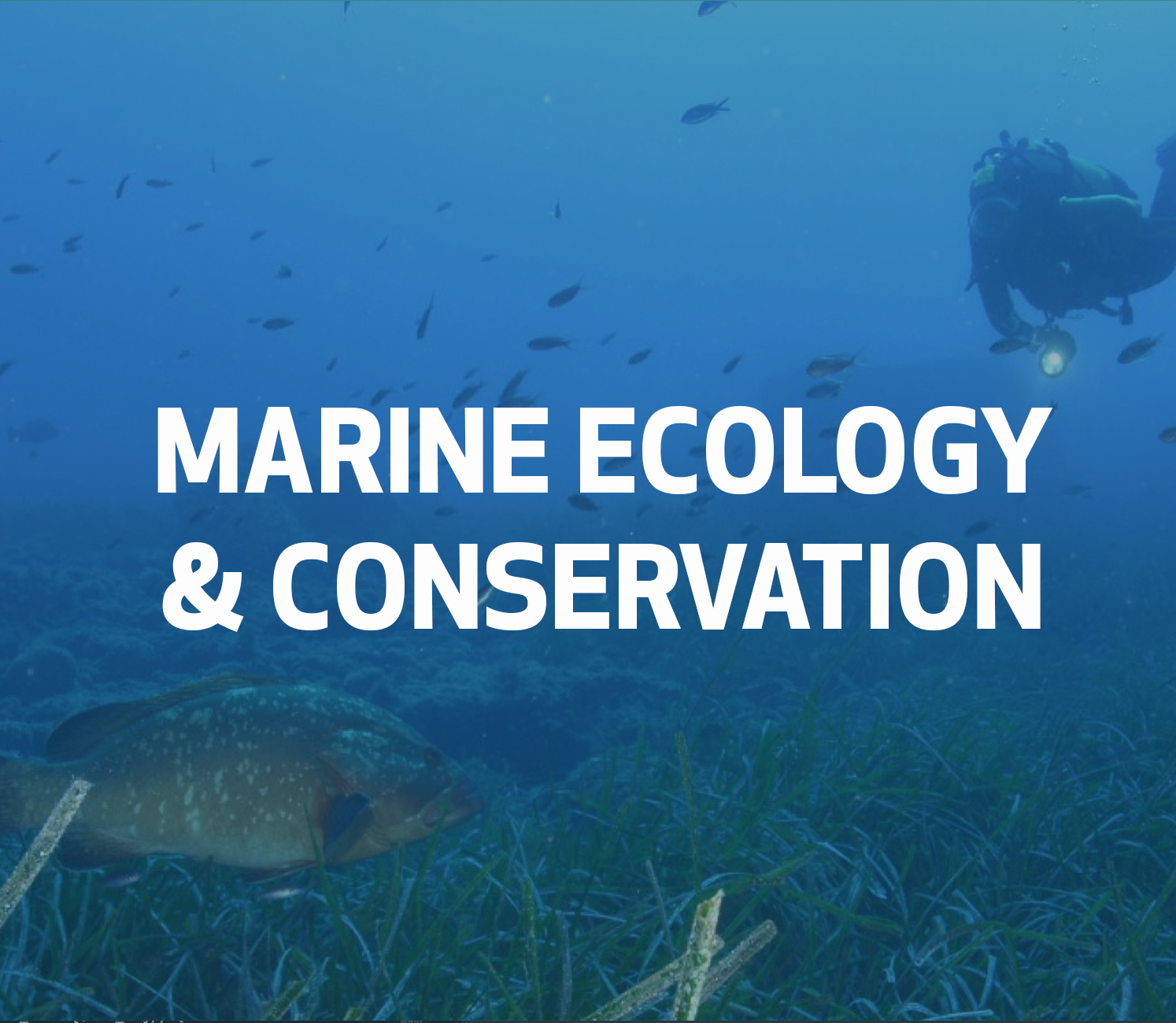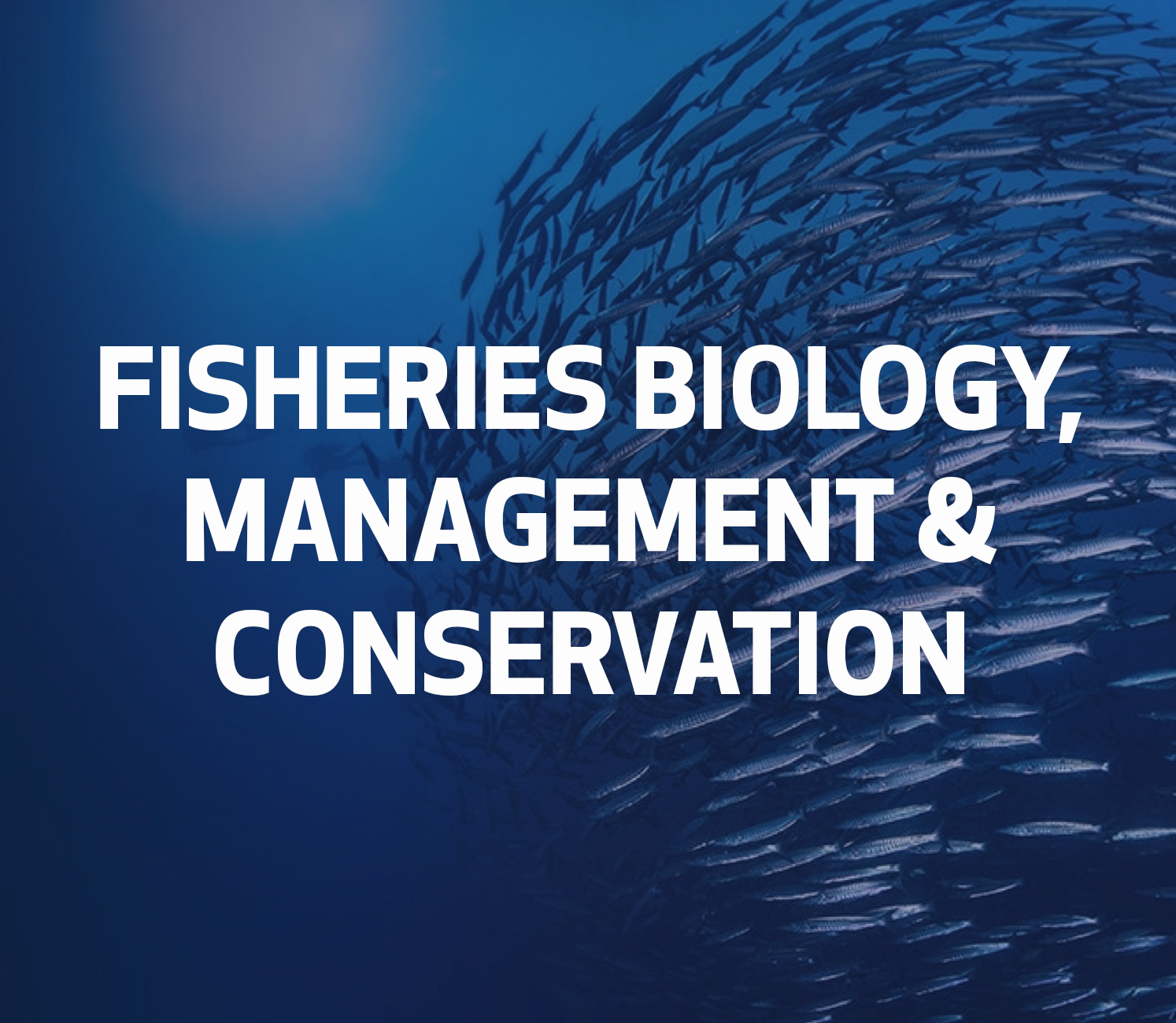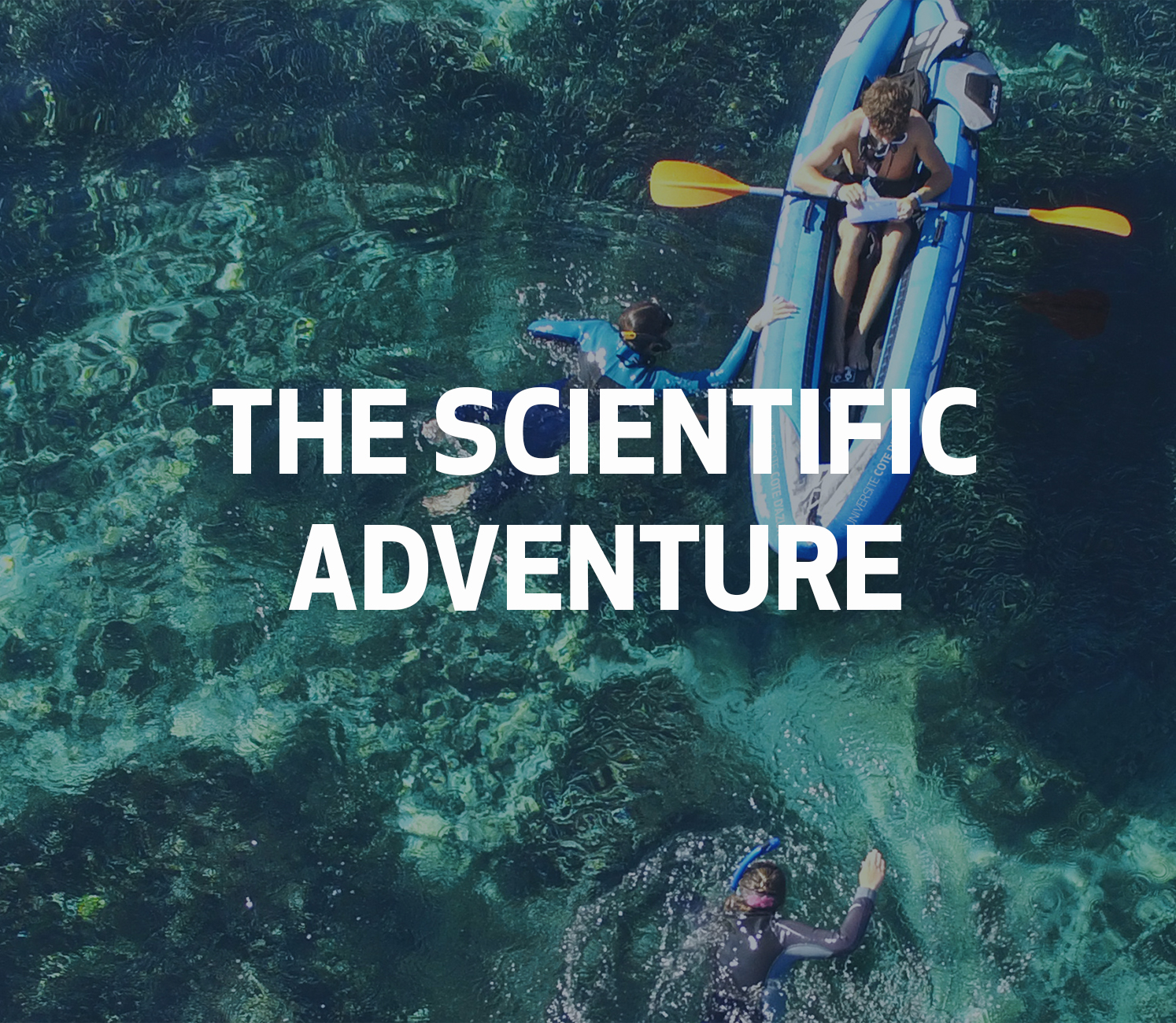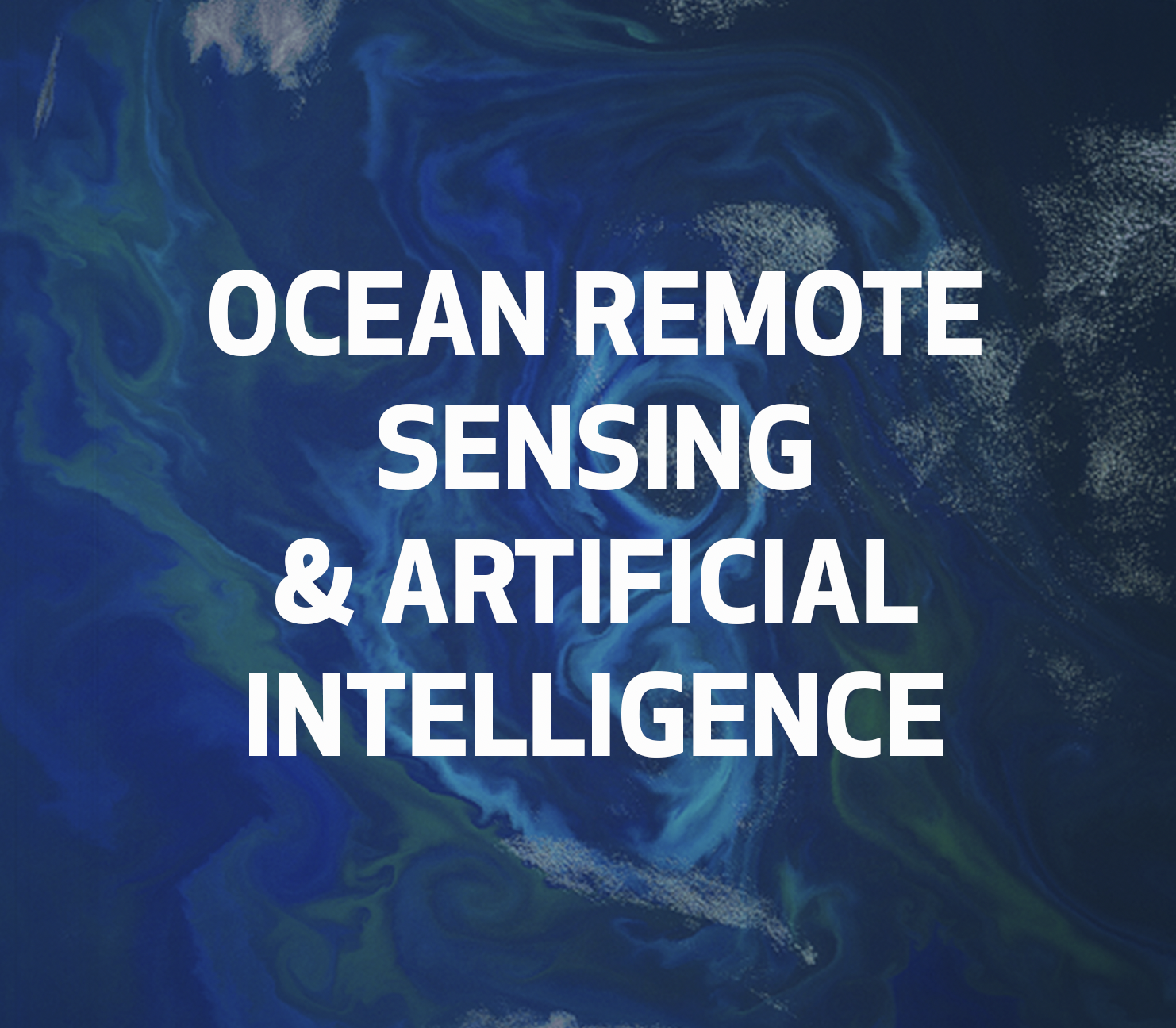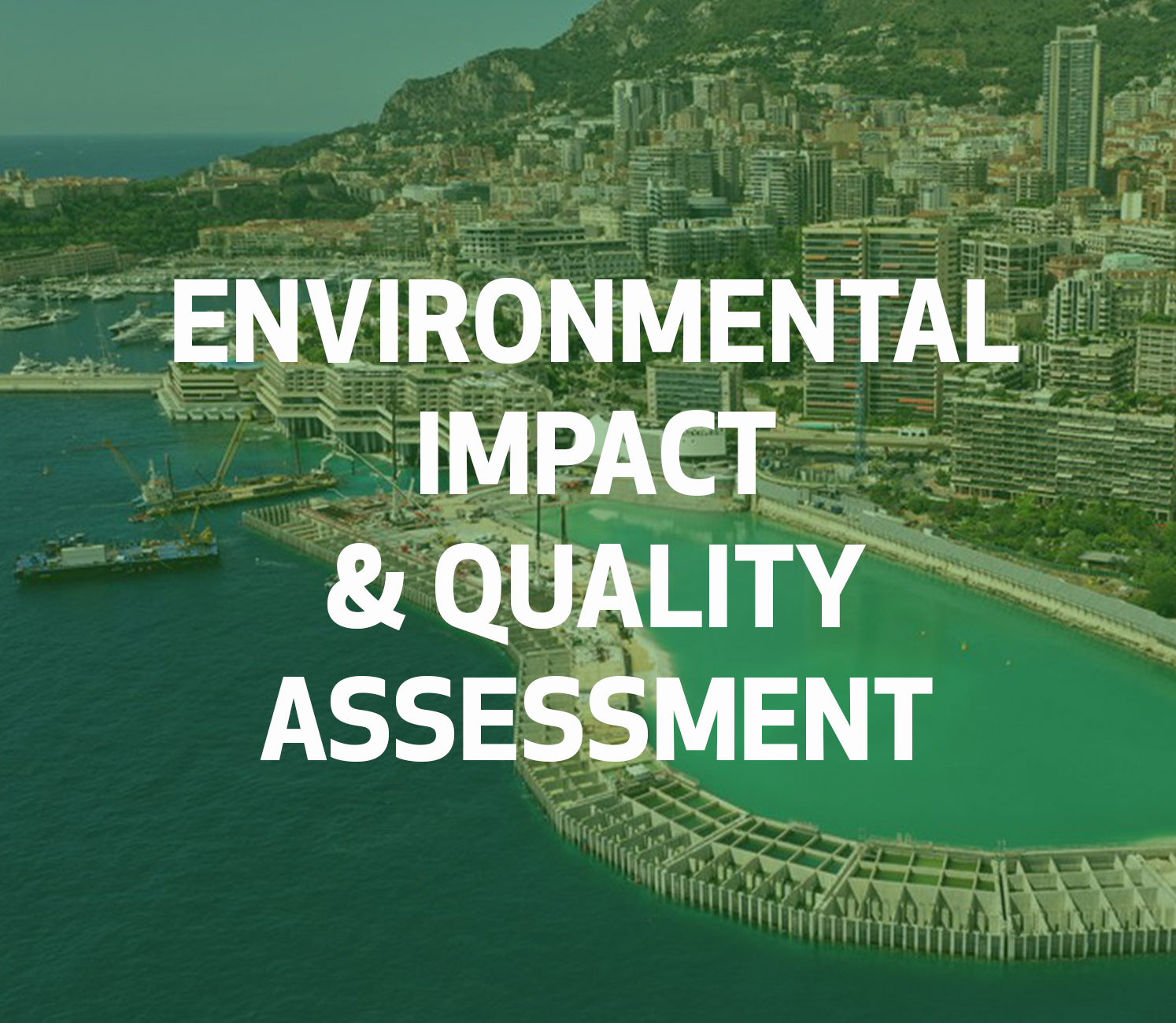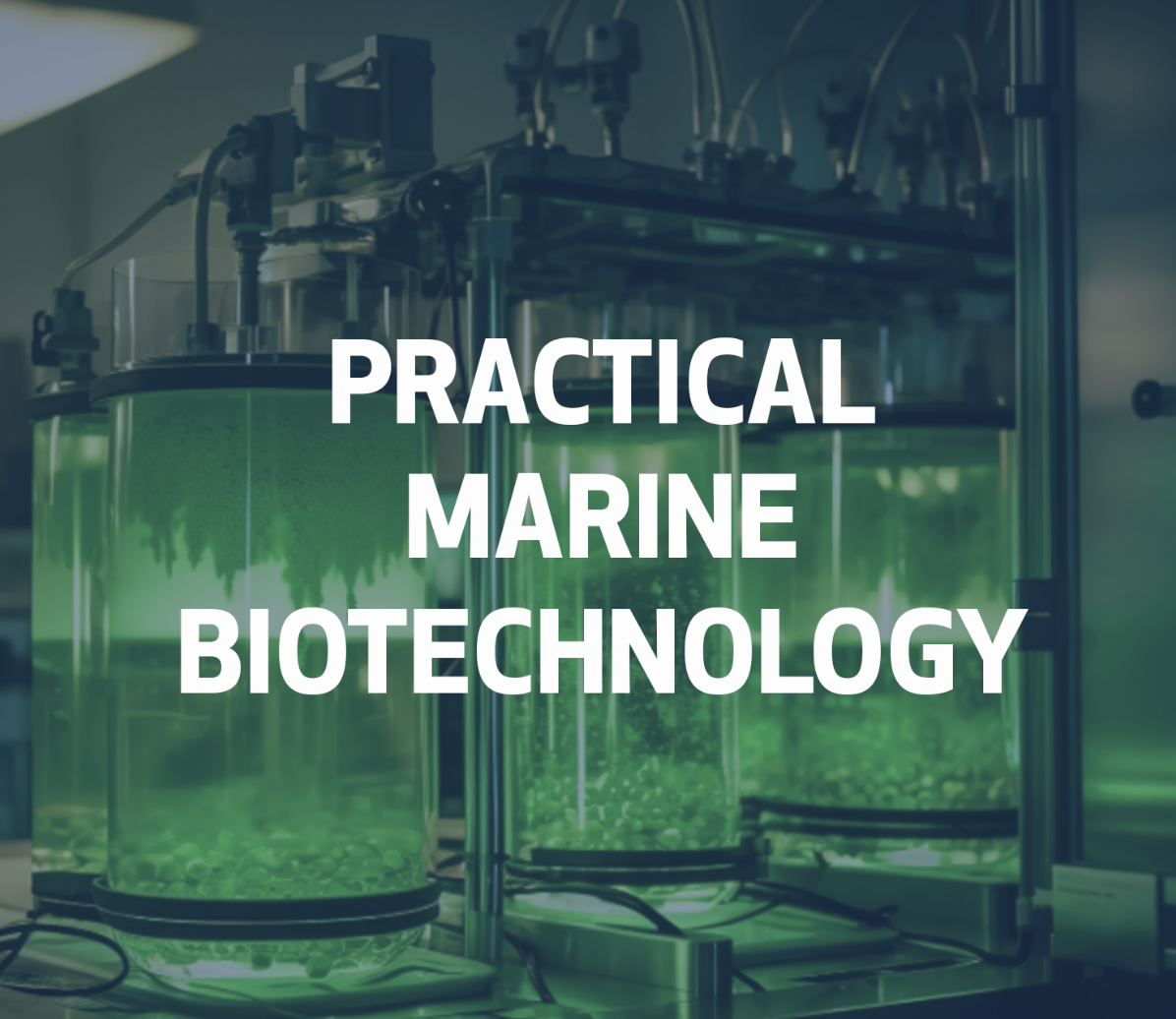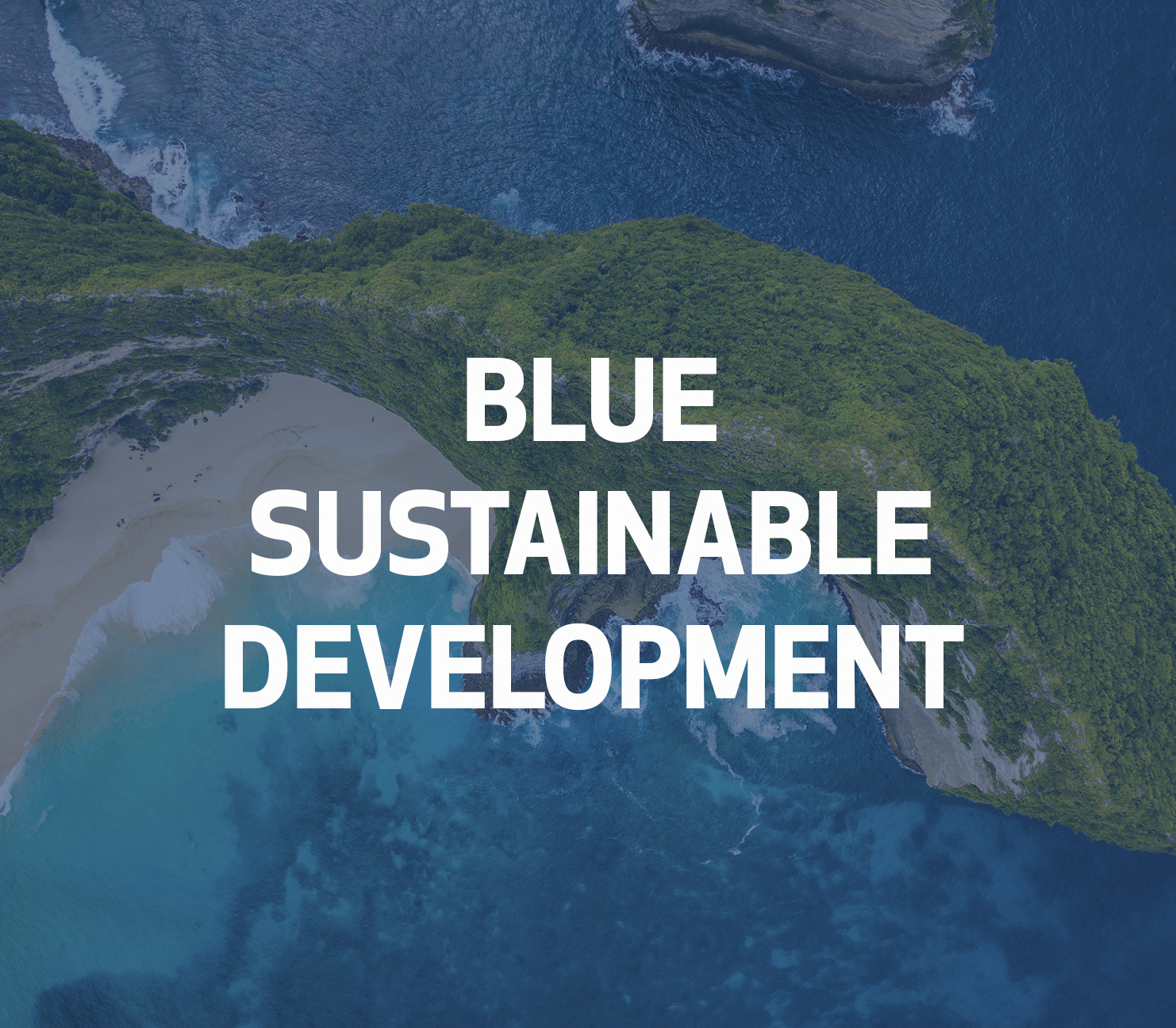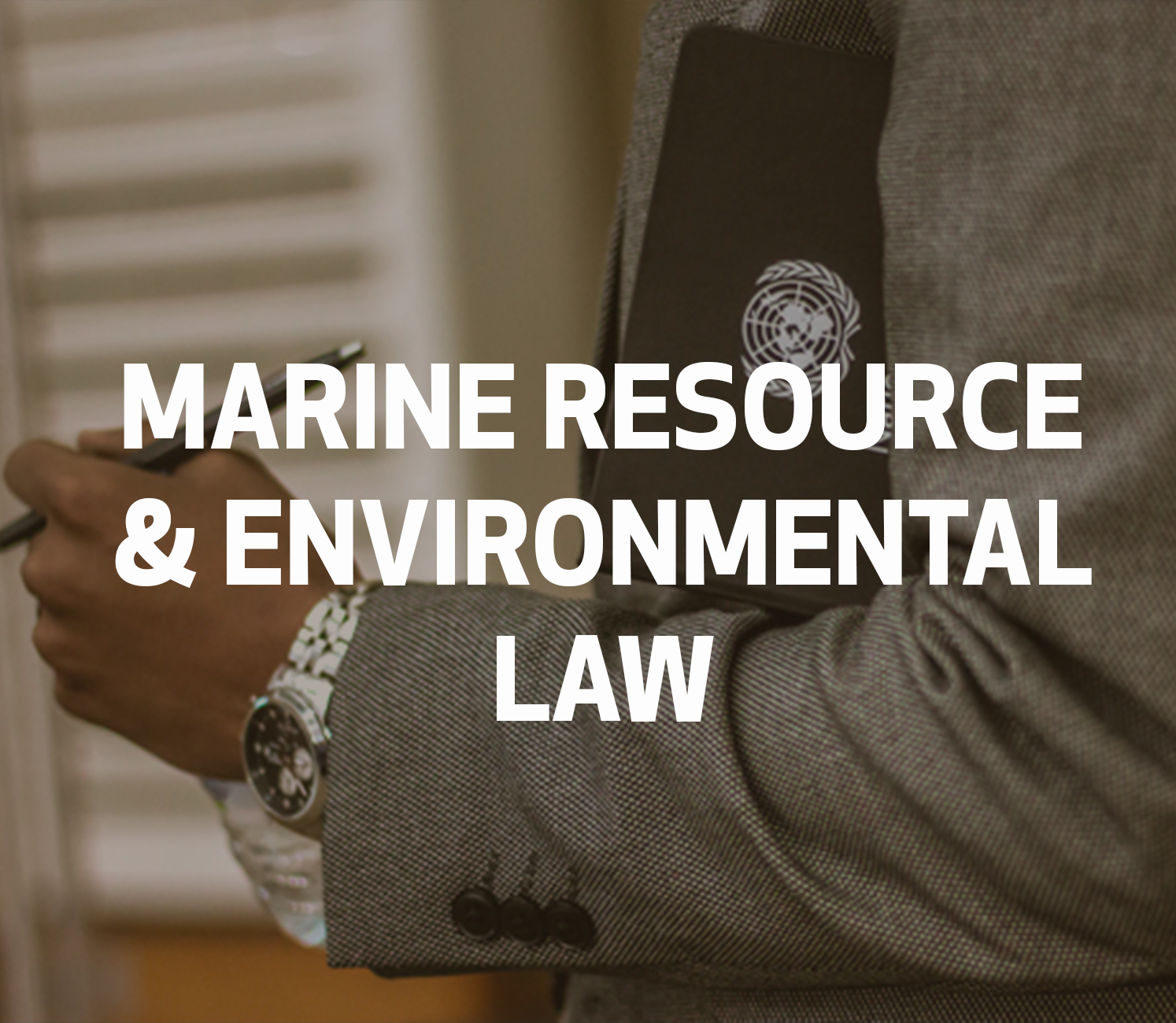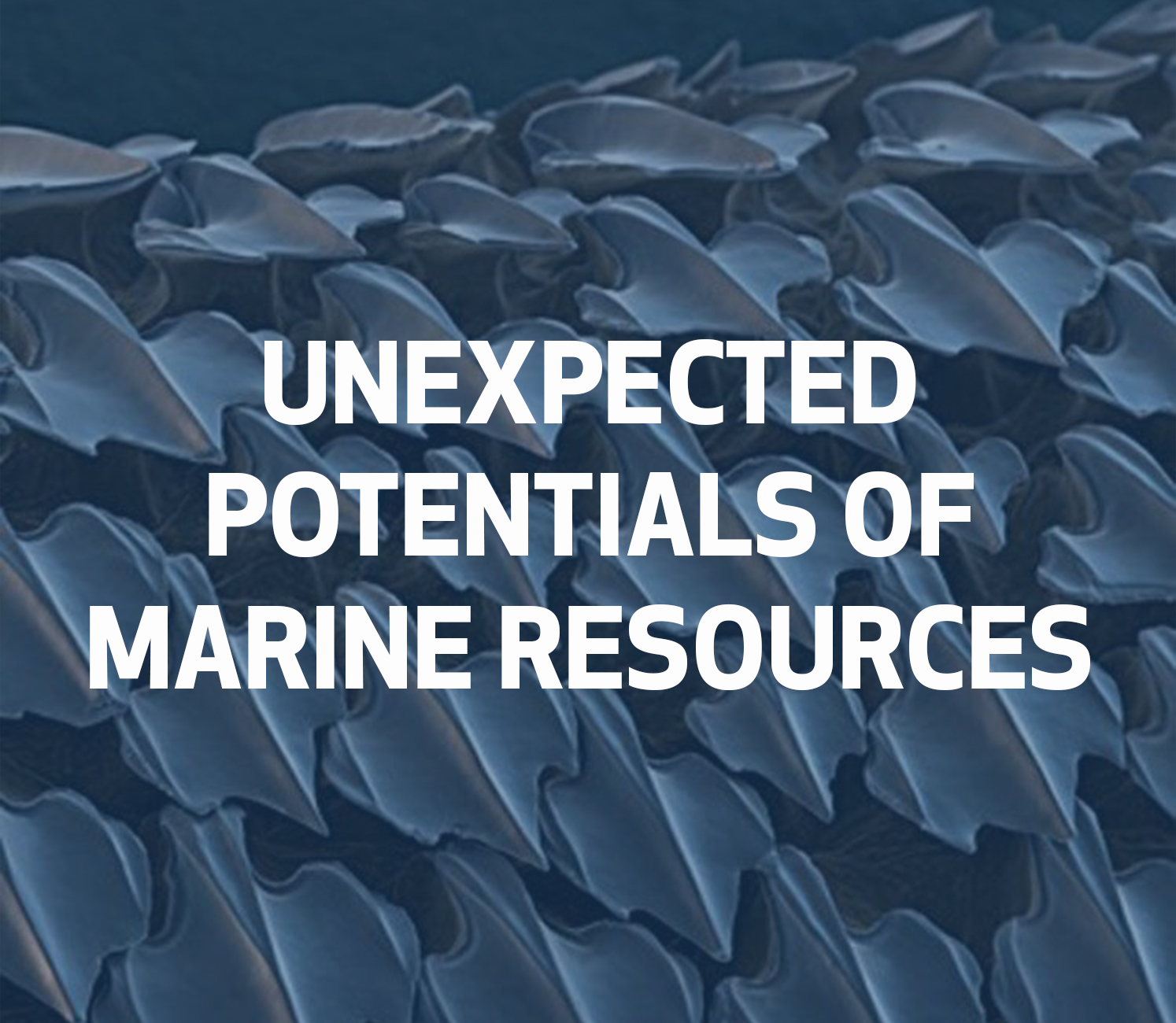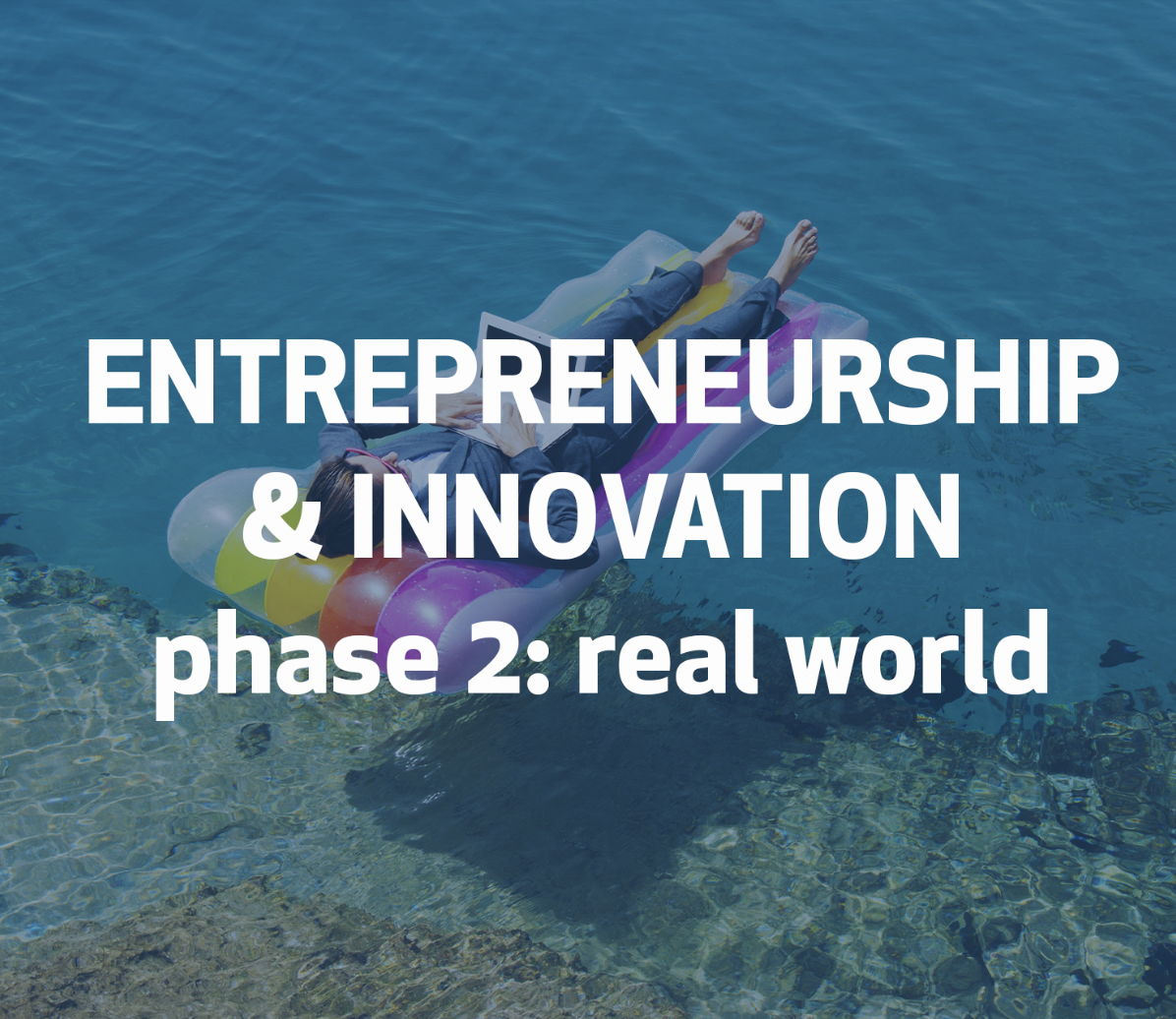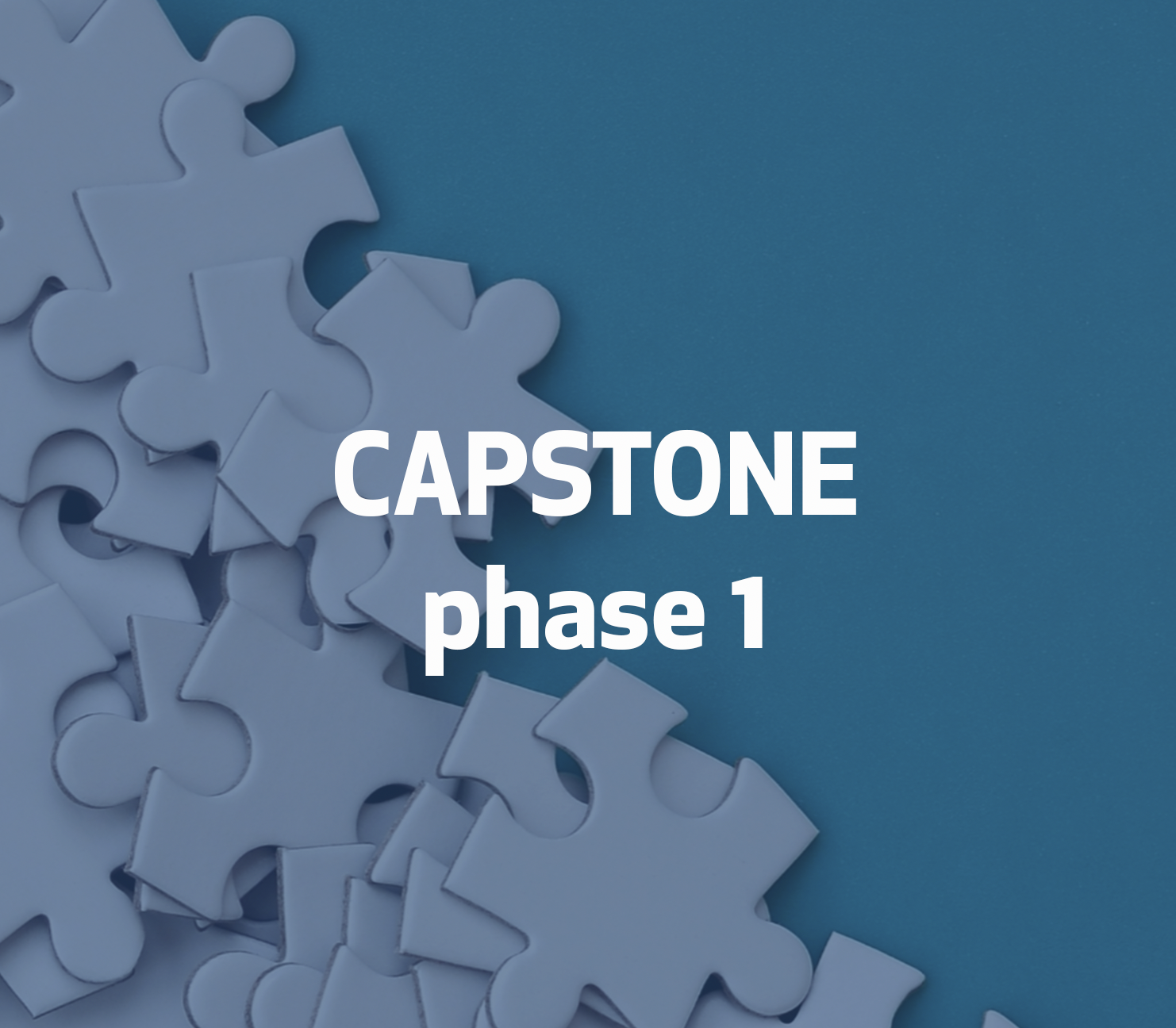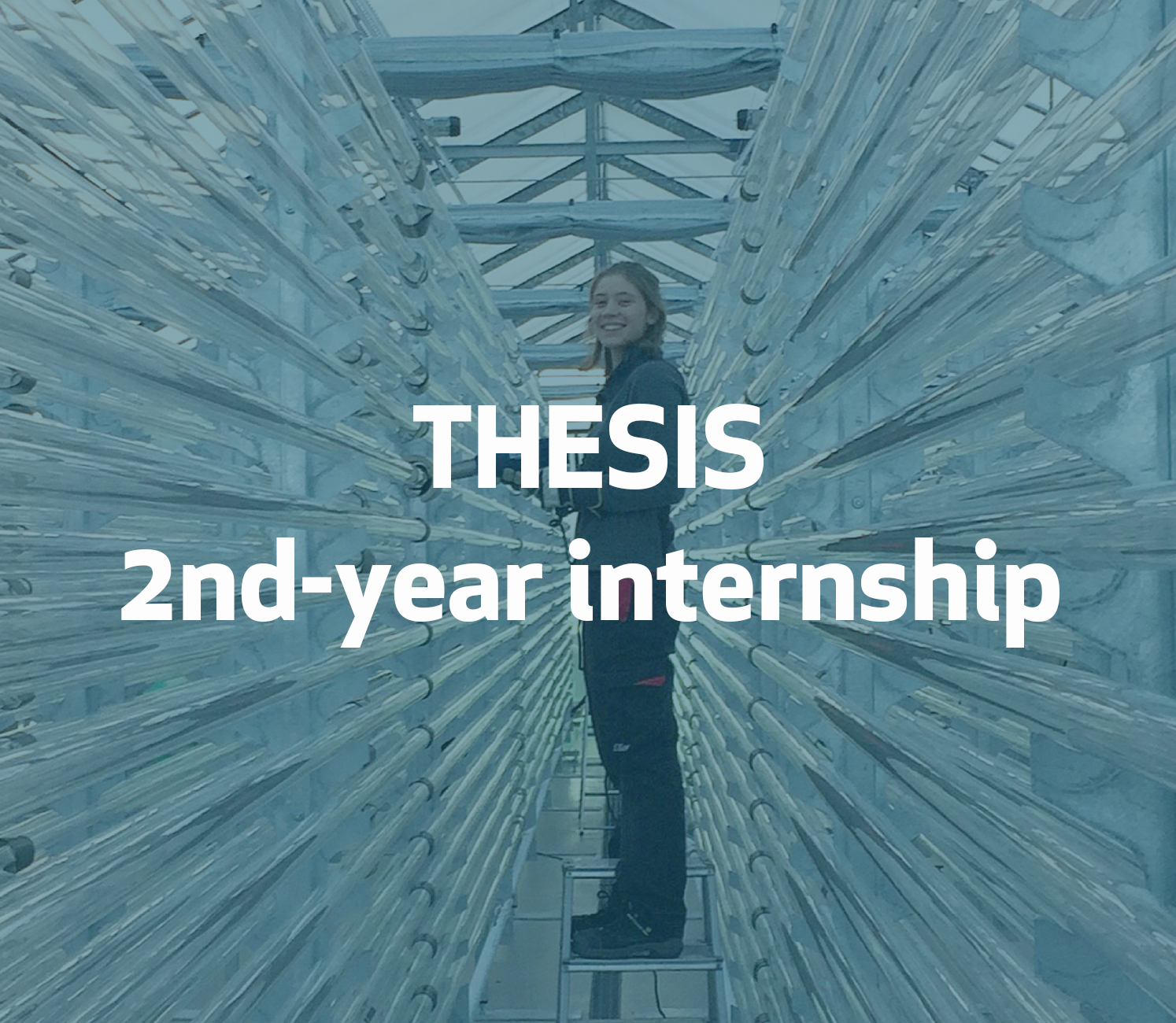MSc Ocean Science, Conservation & Innovation
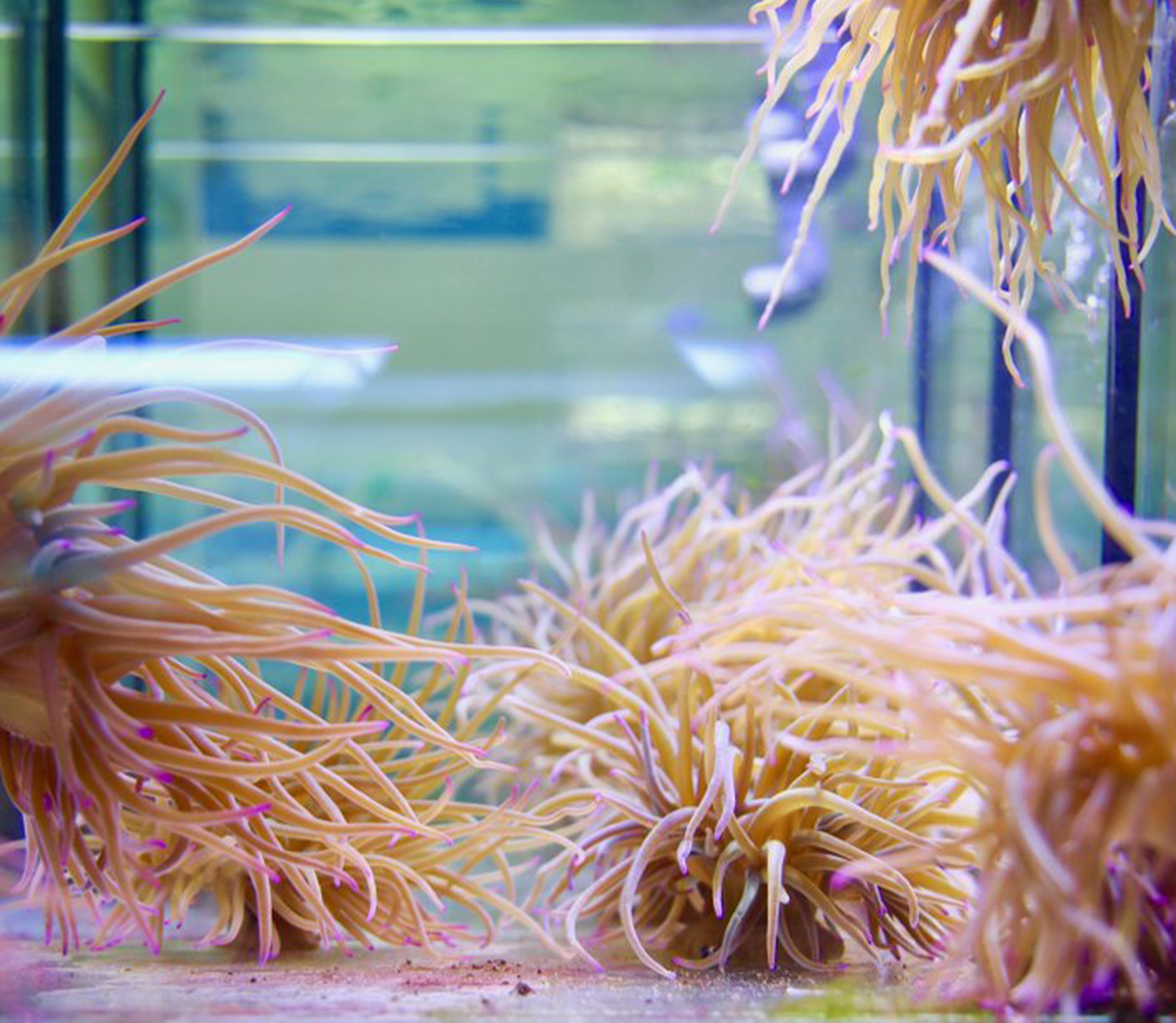
In a changing world, this module addresses the principles of marine ecophysiology and ecotoxicology by describing the response strategies of marine organisms to environmental perturbations: from interspecific interactions to climate change and marine pollution.
program: Science & Society
code name: REMOTE
module family: #Marine Biology
credits: 6 ECTS
semester: Spring (semester 2)
UN Sustainable Development Goals:
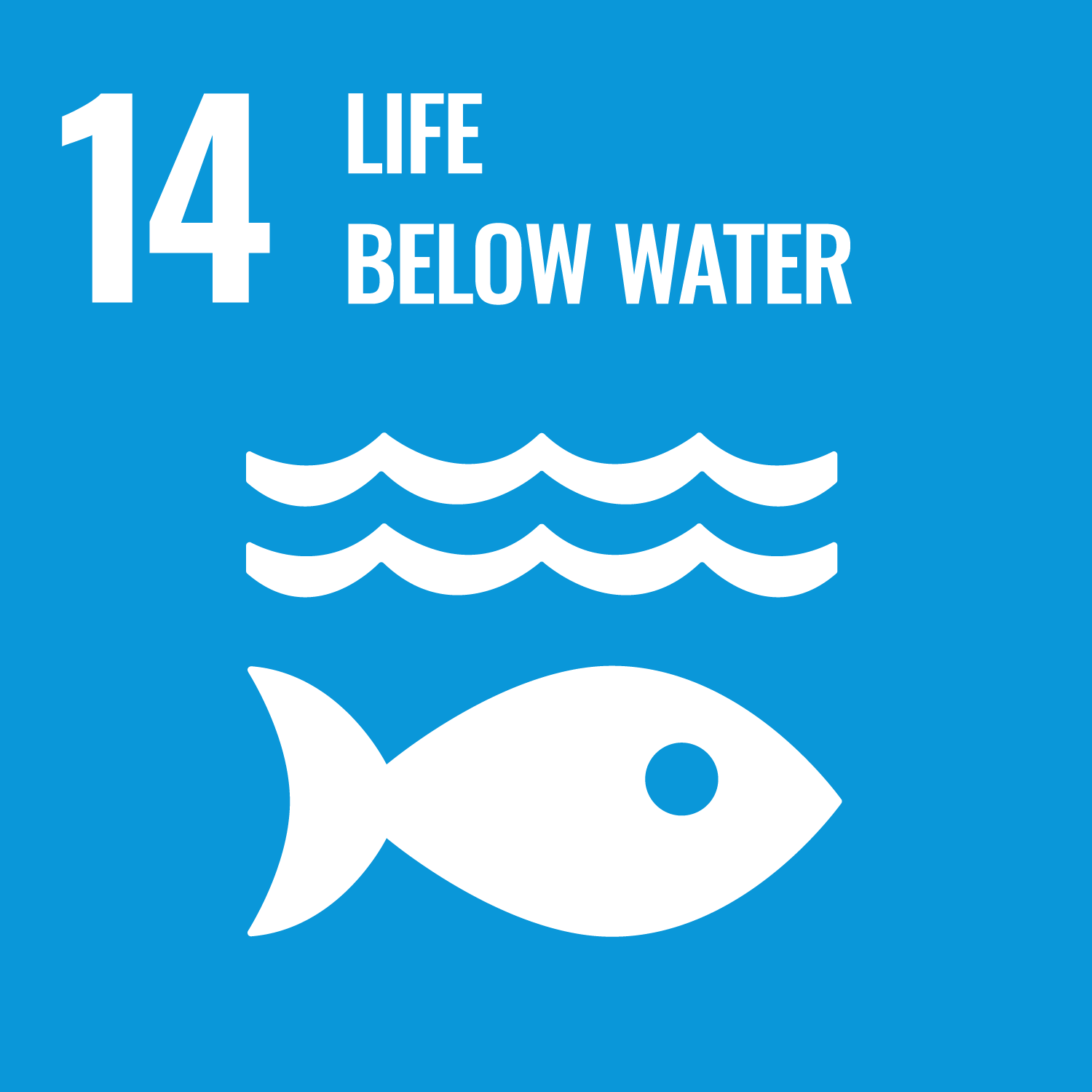
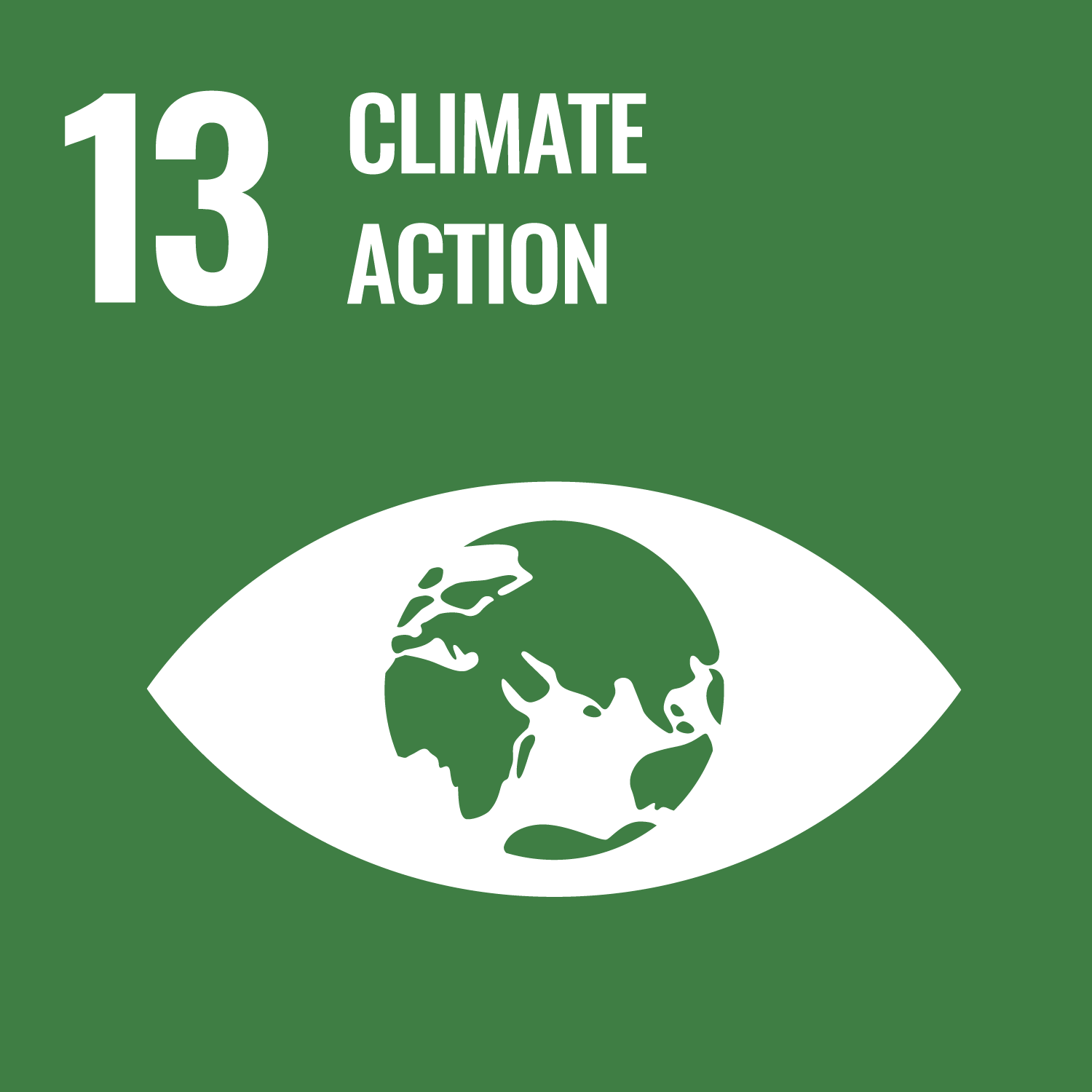
LEARNING OUTCOMES
Students should
- develop a thorough understanding of key concepts in marine ecophysiology and ecotoxicology, such as stress, resilience, hysteresis, pollution, and biomarkers, and how these impact marine organisms.
- clearly distinguish between acclimation and adaptation responses in marine organisms, understanding the mechanisms that drive each response to environmental changes.
- understand the interactions between marine symbiosis and global environmental changes, analyzing how these relationships affect the adaptation strategies of marine organisms.
- examine the impact of different types of pollution on marine life, including heavy metal pollution, plastic pollution, and marine biotoxins, understanding the ecological and physiological consequences.
- explore and evaluate the role of interspecific interactions under environmental stress, including competition, predation, and symbiosis, and how these interactions influence organismal and ecosystem resilience.
- gain proficiency in using various tools and methodologies in ecotoxicology to measure and interpret the presence and effects of toxins in marine environments.
- develop the ability to critically review recent research in marine ecotoxicology and ecophysiology, identifying gaps in the current knowledge and suggesting potential areas for future research.
- be able to effectively communicate complex ecotoxicological data and research findings, both in writing and orally, to scientific and non-scientific audiences.
TOPICS
- Ecophysiology
- Stress, acclimation, adaptations...
- Facing interspecific interactions
- Macro-algae & response to stress
- Photobiology & stress
- Dealing with Ocean acidification
- Symbiosis & climate change
- Deepsea symbiosis
- Ecotoxicology
- Biotoxins
- Metals
- Plastic
INSTRUCTORS
- Paola Furla (IRCAN, Université Côte d'Azur), module coordinator
- Eric Beraud (CSM, Monaco)
- Rachel Clausing (University of California Los Angeles, United States)
- Marie-Yasmine Dechraoui Bottein (ECOSEAS, Université Côte d'Azur)
- Sébastien Duperron (Museum National d'Histoire Naturelle, Paris)
- Fabien Lombard (IMEV, Sorbonne Université)
- Marc Metian (IAEA, Monaco)
- Keyla Plichon (IRCAN, Université Côte d'Azur)
- Stéphane Roberty (Université de Liège, Belgium)
- Alexander Venn (CSM Monaco)
- Nathalie Vigier (IMEV, Sorbonne Université)
ASSESSMENT
- Written examination (final)
- Oral presentations
- Journal club
- Lab projects (1-week ecotoxicology lab & symbiosis lab)

















